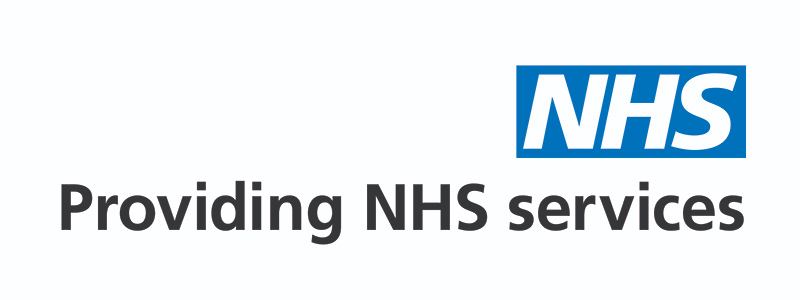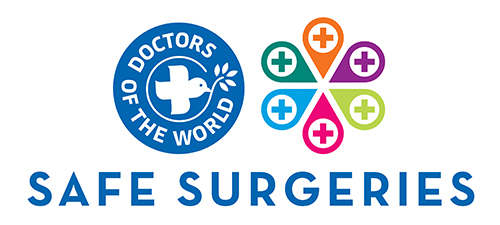Winterton
Medical Practice

Manlake Avenue
WINTERTON
DN15 9TA
Telephone: 01724 732202
Norfolk Avenue
BURTON UPON STATHER
DN15 9EW
Telephone: 01724 720202


Medical Emergencies dial 999
Out of Hours: dial 111

Winterton
Medical Practice

Manlake Avenue
WINTERTON
DN15 9TA
Telephone: 01724 732202
Norfolk Avenue
BURTON UPON STATHER
DN15 9EW
Telephone: 01724 720202


Medical Emergencies dial 999
Out of Hours: dial 111

Breast cancer is the most common type of cancer in the UK, affecting one in eight women over the course of their lifetime. Early detection of breast cancer significantly enhances treatment effectiveness and survival rates, making screening an essential component of healthcare.
The NHS offers comprehensive breast cancer screening services aimed at early detection, when treatment is likely to be more successful and less invasive. The primary method used is mammography, which is an X-ray exam of the breasts. This screening is crucial because it can detect cancers that are too small to be felt by hand. These small cancers are generally less advanced and easier to treat.
During a mammogram, each breast is X-rayed in two different positions to ensure comprehensive views. While the process may be uncomfortable for a few seconds, it provides critical insights that can save lives. If anything unusual is found, further tests like biopsies may be conducted to determine if cancer is present
It is crucial for women to participate in regular screenings when invited. Despite the proven benefits of regular mammography, there is sometimes hesitancy due to fear of the results or the process itself. The NHS actively works to educate and reassure women about the importance of these screenings through various public health campaigns. Awareness about the simplicity and safety of the procedure, as well as its potential to save lives, is essential in encouraging participation.
Breast cancer screening is a cornerstone of cancer prevention and should be a priority for all eligible women. The NHS provides these services free of charge, reflecting the public health commitment to reducing the impact of breast cancer through early detection. Women are encouraged to attend their regular screenings and to contact their GP if they notice any changes in their breasts, as early intervention continues to be the most effective way to manage and treat breast cancer.
Breast screening is carried out by using x-rays called mammograms to detect cancers at a time when they are too small to be seen or felt.
You'll automatically get your first invite for breast screening between the ages of 50 and 53. Then you'll be invited every 3 years until you turn 71. If you're a trans man, trans woman or are non-binary you may be invited automatically, or you may need to talk to your GP surgery or call the local breast screening service to ask for an appointment.
You need to be registered with a GP surgery to be invited for breast screening.
Failure to attend for cancer screening means that cancers may not be detected in the early stages. This may lead to a later diagnosis of cancer and risks worse experience and outcomes. Whilst there is no clear evidence to suggest that non-binary and trans people are at a heightened risk of cancer than cisgender people, there are certain factors that might affect the risk of particular cancers. This may have an influence of the type of recommended screening taking account of the sex assigned at birth, hormones and any surgery that may have been performed.
In clinical terms, people of all genders can get breast cancer and everyone has breast tissue. For everyone with significant breast tissue between the ages of 50 and 70 can access breast screening. This includes most:
Only people who are registered female at their GP surgery are automatically invited for cervical screening. If they wish to take part in screening, males may discuss their concerns with the GP practice.